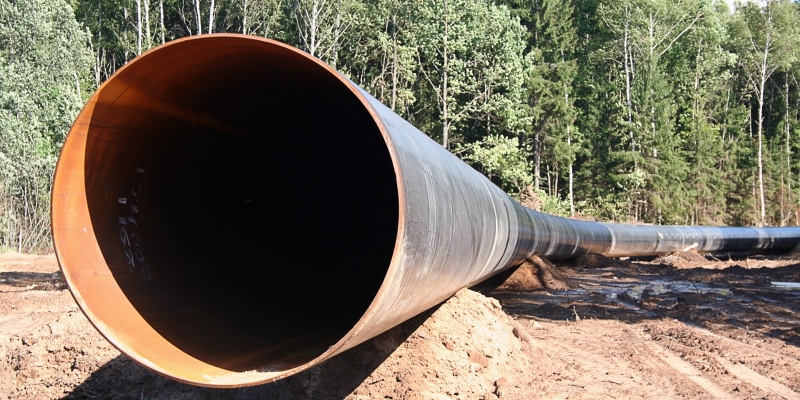Trans Mountain Pipeline expansion back on track

As researchers at the Fraser Institute have shown, Canada has paid a steep price due to constraints in our ability to transport oil to better paying markets:
- In October 2018, Canadian heavy crude (WCS) traded at about 40 per cent of the U.S. crude (WTI) price, representing a discount of 60 per cent.
- In November, the price differential widened even further and reached almost 70 per cent, meaning that WCS was sold at only 30 per cent of WTI.
- In 2018, after accounting for quality differences and transportation costs, the depressed prices for Canadian heavy crude oil resulted in C$20.6 billion in foregone revenues for the Canadian energy industry. This significant loss is equivalent to approximately one per cent of Canada’s GDP.
But there appears to be a ray of sunshine on the oil-transportation conundrum. Trans Mountain has announced it will immediately resume construction on the long-delayed Trans Mountain Pipeline expansion project. In the announcement, President Ian Anderson (CEO of Trans Mountain Corporation) said:
“I am pleased to announce another significant milestone for the Trans Mountain Expansion Project with the commencement of construction activities and the issuance of the notice to some contractors to begin mobilizing equipment and crews in select areas in August and September 2019. With the first wave of regulatory approvals complete, we are confident that we have a path forward by which the Expansion Project construction can commence.”
Canadians have paid a high price for pipeline obstructionism in Canada, in the form of many billions of dollars and many thousands of jobs. Hopefully, resumption of construction of the Trans Mountain Pipeline expansion may mark the beginning of the end of pipeline constraints in Canada.
Author:
Subscribe to the Fraser Institute
Get the latest news from the Fraser Institute on the latest research studies, news and events.

